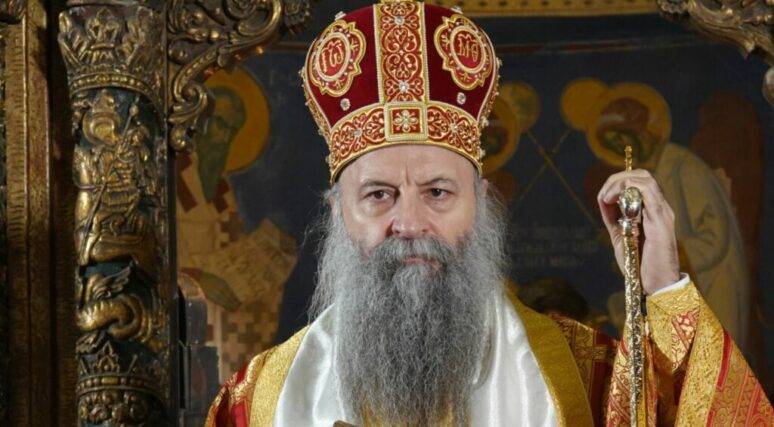
The current networked attacks on the Patriarch take on the character of an organized harangue
Serbian society is in an acute political and moral crisis, with no clear signs of its resolution and end. Since the tragedy at the Novi Sad train station, we have been in a state of both institutional and extra-institutional turmoil.
However, I did not want to write about it. Everything that happens on the social scene is a topic for political scientists, analysts, sociologists, lawyers and politicians. For weeks, dozens of value-divergent texts have been published in various media outlets analyzing the above-mentioned events. Each of them in its own way touches on the tragedy of our reality. I do not claim to sufficiently understand the complex mechanisms of social articulation of moral values and political ideas, but I feel very well the discomfort, anxiety and fear of the uncertainty that surrounds us. I am not alone in the above feelings and I certainly share them with many individuals who, with their beliefs and value positions, are part of a diverse, dispersed and, within themselves, deeply confrontational, social and political ideological spectrum. Namely, I feel that I am also present in the sense of anguish before the responsibility of the prosecutor who, by legal definition, works devotedly, for weeks and months, to shed light on the truth about an event that is the subject of his investigation, or in the judge who must responsibly distinguish, after carefully listening to both the prosecutor's evidence and the defense's counterarguments, about the individual responsibility of each of the accused participants in the trial who, again, according to legal formulation, is always presumed innocent until he/she, as a judge, after a trial lasting several months or even years, renders a lawful verdict that would represent never sufficient, but at least some, satisfaction to the victims and comfort to their families who cry out for facts and responsibility.
I am also burning with the feelings that ignite the vital need for justice and respect for the law among the students of our universities, which ardently requires speed and timeliness, because otherwise it corrodes the soul and dries up its aspiration for fulfillment with meaning, truth and justice. I am also spiritually exalted by the universal human need, which smolders in the depths of our collective and individual identity, and which I think I share with all our fellow citizens and compatriots, for the trust that we want to give to institutions and individuals within them, which is in the deepest connection with the centuries-old processes of our spiritual and value profiling as a Christian and church people of a catholic identity. We demand deserved trust immediately and now, because it makes us more human and restores our dignity than does distrust, which humiliates and morally degrades us. We need mutual trust in order to feel like people and to be part of a cohesive and functional social and national community.
The above is my interpretation of my personal experience of our current social reality, but I have no illusions that someone else can experience and value reality in a completely different way. However, in addition to the desire to touch on our dramatic and completely uncertain social reality, I also needed to look at a phenomenon that disturbs many, and manifested itself phenomenologically in the midst of the crisis, while gaining intensity and terminological radicalization over time. A large number of texts and media reviews have appeared on the topic of the positioning of the Church in current events, with arguments that largely do not take into account, or rather, do not understand and distort the very nature of the Church as a divine-human organism that is not of this world, but is in this world and is an integral part of it.
Namely, in the middle of the first half of the 21st century, the Church, which is most often unjustifiably criticized for its overemphasized presence in the public sphere, is expected to socially position itself in a way that would be appropriate for a society in a pre-political phase of development (characteristic of centuries-old Ottoman slavery), which exists without institutions, with an underdeveloped political system and without internal mechanisms for the articulation, evaluation and implementation of ideas and policies. Simply put, the Church is expected to arbitrate within the arena of legitimate social conflicts in a way that was characteristic of pre-modern society.
PHOTOS
RELATED ARTICLES
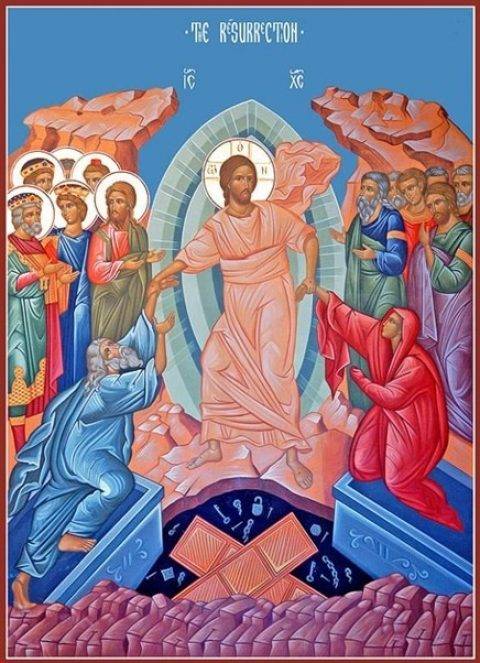
Calendar for April 20 The Resurrection of the Lord Jesus Christ – Easter
“Now after the Sabbath, as it began to dawn toward the first day of the...
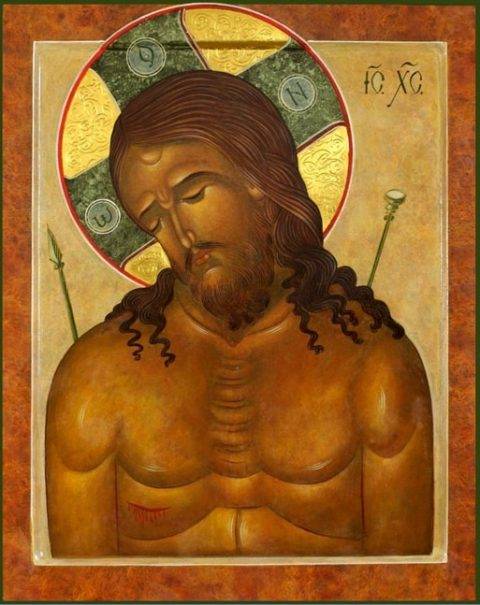
Calendar for April 19 Maundy Saturday
On the Saturday after the crucifixion, the chief priests and Pharisees came to...
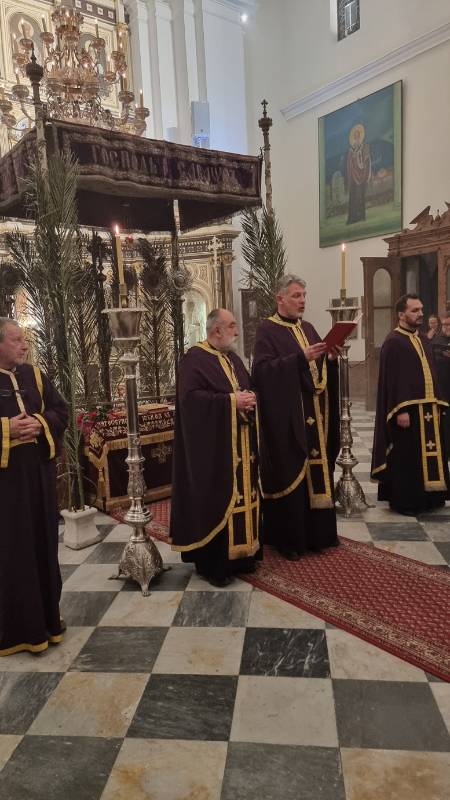
GOOD FRIDAY - SOLEMN VIGIL WITH ARTICLES SERVED TONIGHT IN THE CHURCH OF ST. NICHOLAS
In the Church of St. Nicholas, today on Good Friday, a Solemn Vigil with...


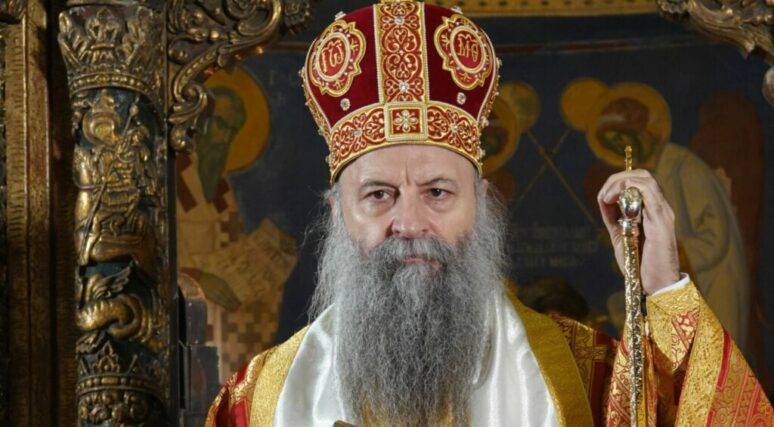

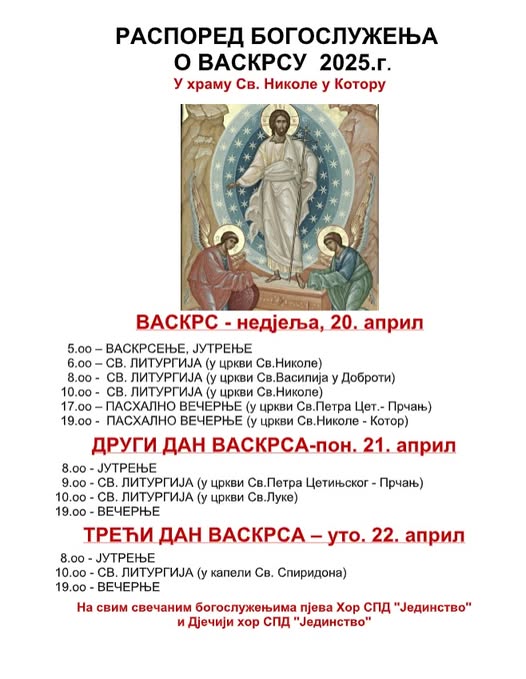
.png)